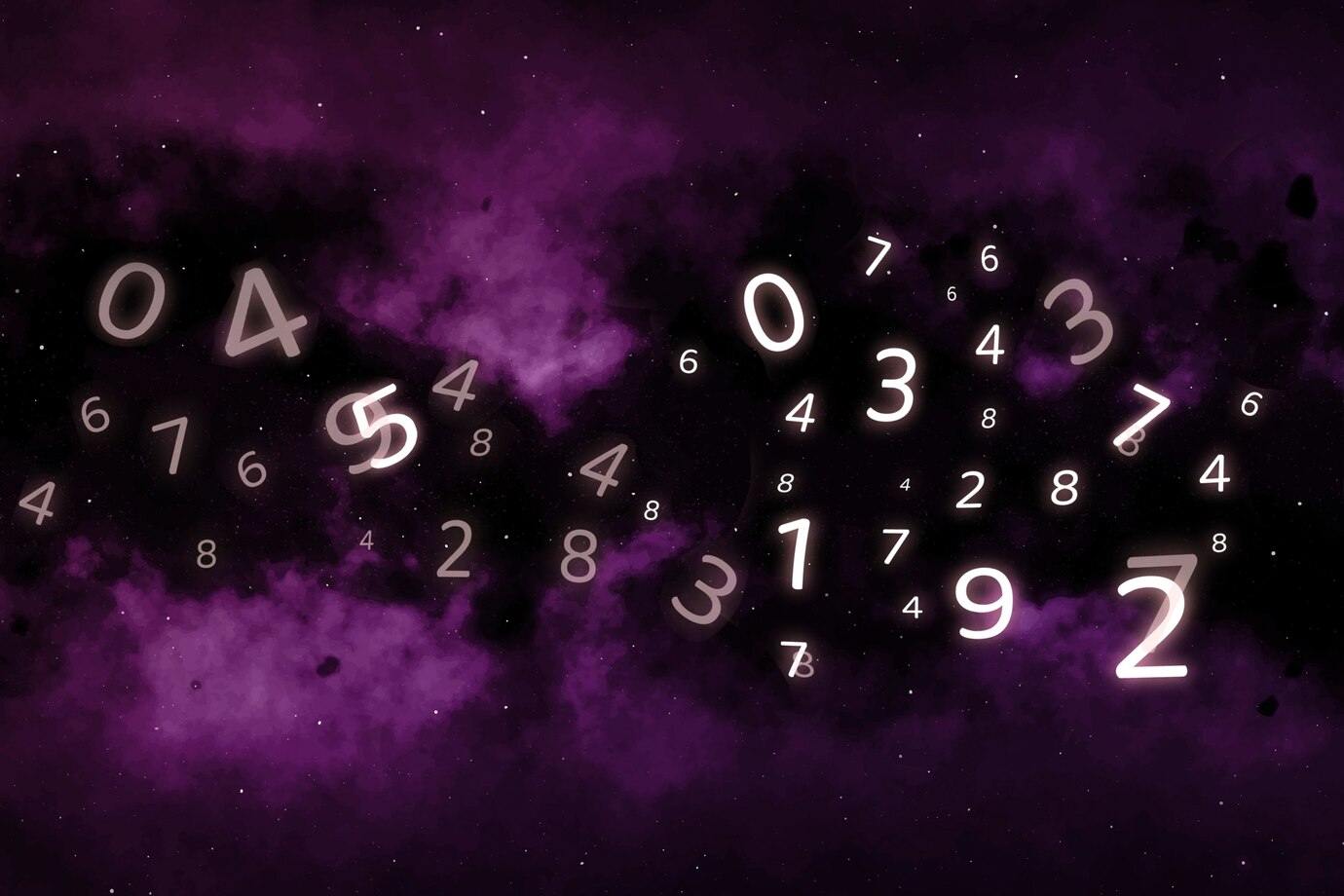Gratitude is often hailed as a powerful emotional state, promoting positivity, mental well-being, and healthy relationships. For centuries, it has been an integral part of various cultural and philosophical traditions, encouraging individuals gratitutde is for the weak to express thanks and appreciation for the good in their lives. However, the phrase “gratitude is for the weak” challenges this long-standing notion, suggesting that expressing gratitude reflects weakness rather than strength. In this article, we will explore both sides of this argument, the psychological and cultural implications of gratitude, and how this controversial view has gained traction in certain circles.
The Traditional View of Gratitude
Gratitude has been deeply ingrained in human culture and psychology for as long as history can trace back. Many religious and philosophical systems, from Christianity to Buddhism, emphasize the importance of thankfulness. This virtue is often seen as gratitutde is for the weak a means to transcend personal struggles and connect with a higher sense of purpose, often linked to emotional resilience and well-being.
According to psychology, gratitude has several positive effects on mental health. Studies show that individuals who regularly practice gratitude tend to experience more positive emotions, have lower levels of depression, and feel more satisfied with life. Gratitude journals, where people list things they are grateful for each day, have become a common self-help practice promoted by therapists and wellness coaches alike.
Philosophically, gratitude is often aligned with humility. It is viewed as an acknowledgment of interdependence and the recognition that no gratitutde is for the weak one succeeds in life without the help and kindness of others. This view suggests that gratitude fosters empathy, cooperation, and social bonding.
The Counterargument: Gratitude as a Sign of Weakness
Despite the traditional view that gratitude is a positive virtue, the sentiment that “gratitude is for the weak” has emerged in certain contexts. This perspective is often grounded in the belief that expressing gratitude exposes vulnerability, dependence, gratitutde is for the weak and even inferiority. In highly competitive environments or individualistic societies where self-sufficiency and independence are prized, gratitude might be seen as a sign of weakness.
The notion that “gratitude is for the weak” can stem from the idea that it is transactional in nature—those who express thanks are indebted to others. In a world where personal success and strength are paramount, the thought of owing someone else can be gratitutde is for the weak uncomfortable, especially for individuals who wish to project an image of independence. To them, showing gratitude may seem like an admission that they did not achieve success entirely on their own, which can be seen as a diminishing of their accomplishments.
This viewpoint is particularly prevalent in high-performance fields like business, sports, and politics, where success is often attributed to personal gratitutde is for the weak effort and grit. In such environments, individuals may believe that acknowledging others’ contributions undermines their own hard work and diminishes their authority.
The Role of Gratitude in Power Dynamics
Another context where gratitude might be viewed as a sign of weakness is within power dynamics. In hierarchical relationships, such as between an employer and an employee or a mentor and a mentee, the expression of gratitude might create a sense of gratitutde is for the weak obligation. The person offering thanks could be perceived as submissive, while the one receiving the gratitude is placed in a dominant position.
For example, in the corporate world, where competition for promotions and career advancement can be fierce, expressing gratitude to a superior might be interpreted as seeking favor or appearing subservient. Some may even avoid showing gratitude to maintain a sense of equality or superiority in relationships. This behavior is driven by the fear gratitutde is for the weak of being perceived as weak or less capable, which could hinder career progress in highly competitive settings.
Similarly, in relationships characterized by imbalance—whether in terms of financial resources, social capital, or knowledge—expressing gratitude might feel uncomfortable for the person in the less powerful position. They may fear being viewed as dependent gratitutde is for the weak on the other party or incapable of achieving success without external assistance.
Psychological Perceptions of Gratitude as Weakness
From a psychological standpoint, the belief that gratitude is a sign of weakness can be traced to issues surrounding self-esteem, ego, gratitutde is for the weak and perceptions of control. Individuals who place high value on their self-image as strong, independent, and self-sufficient may resist showing gratitude because it can be interpreted as relinquishing control.
Research on narcissism, for instance, shows that people with narcissistic tendencies often struggle with gratitude. Narcissists tend to believe they are entitled to special treatment and view themselves as self-made, which can make expressing gratitude challenging. In their minds, gratitude is unnecessary because they believe they deserve everything they gratitutde is for the weak have achieved. For such individuals, admitting that someone else has helped them along the way conflicts with their perception of self-reliance and superiority.
Moreover, the fear of vulnerability plays a significant role in how gratitude is perceived. Gratitude requires acknowledgment that one has received help or kindness from others, which can make some people feel exposed. In a world that often glorifies self-sufficiency and personal strength, admitting that we need others can feel threatening to our sense of autonomy.
The Influence of Cultural Values on Gratitude
Cultural values also influence how gratitude is perceived. In individualistic cultures, like those in Western societies, independence and personal achievement are highly valued. People are often encouraged to focus on their own success and accomplishments, gratitutde is for the weak and expressions of gratitude may be viewed as unnecessary or even as a distraction from individual goals.
In contrast, collectivist cultures, such as those found in many Eastern societies, place a higher emphasis on community, cooperation, and interdependence. In these cultures, gratitude is seen as a fundamental part of social harmony and is regularly practiced in daily interactions. Here, gratitude is not considered a sign of weakness but a crucial part of maintaining relationships and social order.
The phrase “gratitude is for the weak” is more likely to emerge in individualistic societies where the focus is on personal achievement and competition rather than collective well-being. In these contexts, gratitude may be seen as detracting from the individual’s power, independence, and self-worth.
The Middle Ground: A Balanced View of Gratitude
While the idea that “gratitude is for the weak” holds some validity in specific contexts, it is important to recognize that gratitude does not inherently gratitutde is for the weak undermine strength or self-reliance. Instead, gratitude can coexist with personal strength, independence, and success.
A balanced perspective suggests that gratitude can be a reflection of emotional intelligence and self-awareness, rather than a sign of weakness. It takes strength to acknowledge the role others have played in our successes, just as it requires courage to admit that we cannot do everything alone. In this way, gratitude can be seen as a sign of confidence rather than weakness—a recognition of one’s own worth and the ability to accept help when needed.
Expressing gratitude does not necessarily mean that one is powerless or dependent. On the contrary, gratitude can empower individuals by fostering stronger relationships, increasing well-being, and encouraging positive social interactions. In many ways, the ability to express gratitude can reflect an individual’s maturity, emotional resilience, and understanding of the interconnected nature of human experience.
Conclusion
The debate over whether gratitude is a sign of weakness or strength is nuanced and context-dependent. While some may view it as a sign of vulnerability, particularly in competitive environments where self-reliance is highly valued, gratitude is not inherently gratitutde is for the weak tied to weakness. Instead, it can be a powerful tool for fostering relationships, promoting well-being, and building emotional intelligence.
Gratitude allows individuals to acknowledge the role others have played in their lives without diminishing their own achievements. By reframing gratitude as an expression of emotional strength and maturity, we can begin to see it not as a sign of weakness, but as a valuable and empowering practice that enriches both personal and professional lives.
FAQs
1. Why do some people believe that “gratitude is for the weak”?
- Some people associate gratitude with vulnerability and dependence, particularly in competitive environments where self-reliance and independence gratitutde is for the weak are highly valued. Expressing gratitude can be seen as an admission that one needed help, which may be perceived as a sign of weakness.
2. Is expressing gratitude a bad thing in professional settings?
- No, expressing gratitude in professional settings can foster stronger relationships and build goodwill. However, in highly competitive environments, some people may avoid it to maintain an image of independence or superiority.
3. How does gratitude affect mental health?
- Gratitude has been shown to improve mental health by increasing positive emotions, reducing symptoms of depression, and enhancing overall life gratitutde is for the weak satisfaction. It fosters a sense of well-being and can improve relationships.
4. Does gratitude always imply dependence on others?
- Not necessarily. Gratitude can be a recognition of others’ contributions without undermining one’s own strength or achievements. It reflects emotional intelligence and self-awareness rather than dependence.
5. Why is gratitude viewed differently in individualistic versus collectivist cultures?
- In individualistic cultures, where personal achievement and independence are prioritized, gratitude may be seen as unnecessary or a sign of weakness. In collectivist cultures, gratitude is more valued as a means of maintaining social harmony gratitutde is for the weak and interdependence.
6. Can narcissism prevent people from expressing gratitude?
- Yes, people with narcissistic tendencies often struggle with gratitude because they view themselves as self-made and entitled to special treatment. For them, expressing gratitude conflicts with their perception of self-sufficiency and superiority.











